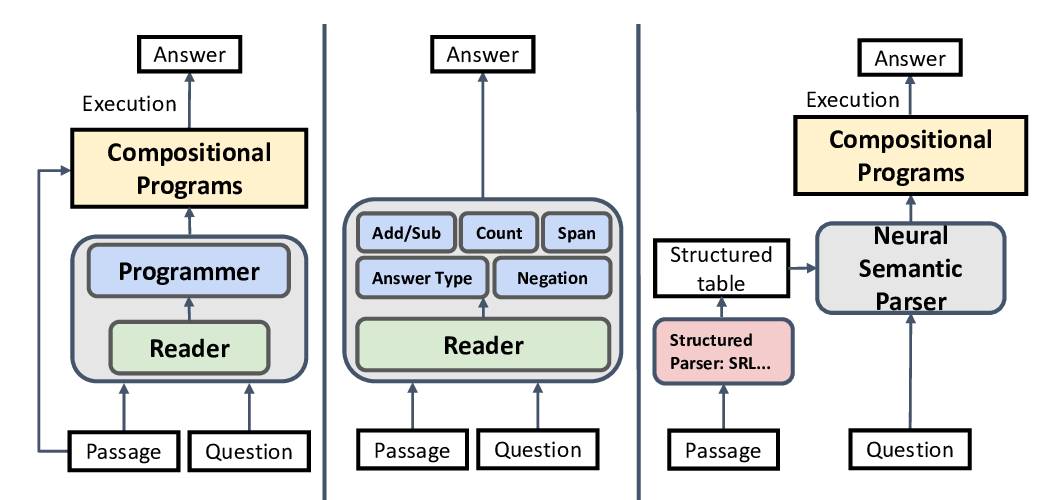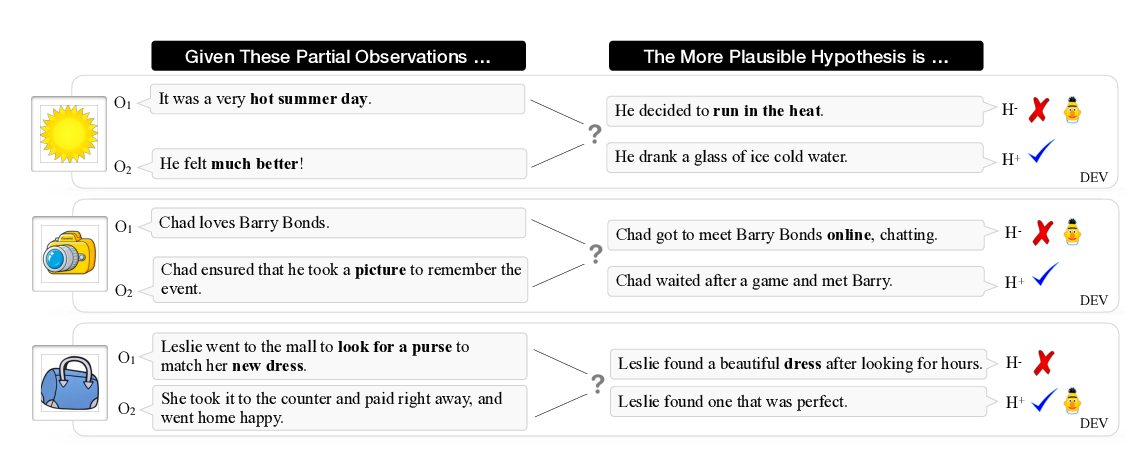Abstract:
Recent powerful pre-trained language models have achieved remarkable performance on most of the popular datasets for reading comprehension. It is time to introduce more challenging datasets to push the development of this field towards more comprehensive reasoning of text. In this paper, we introduce a new Reading Comprehension dataset requiring logical reasoning (ReClor) extracted from standardized graduate admission examinations. As earlier studies suggest, human-annotated datasets usually contain biases, which are often exploited by models to achieve high accuracy without truly understanding the text. In order to comprehensively evaluate the logical reasoning ability of models on ReClor, we propose to identify biased data points and separate them into EASY set while the rest as HARD set. Empirical results show that state-of-the-art models have an outstanding ability to capture biases contained in the dataset with high accuracy on EASY set. However, they struggle on HARD set with poor performance near that of random guess, indicating more research is needed to essentially enhance the logical reasoning ability of current models.


